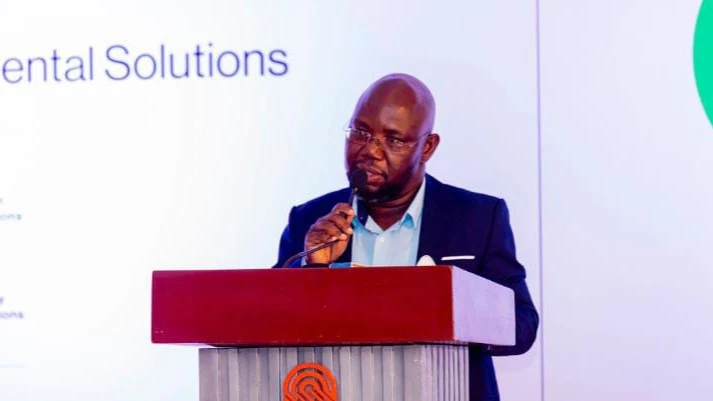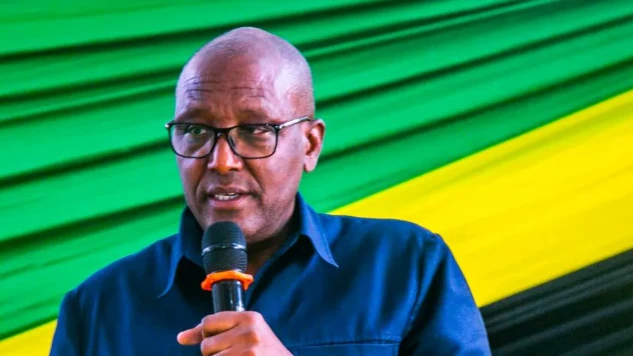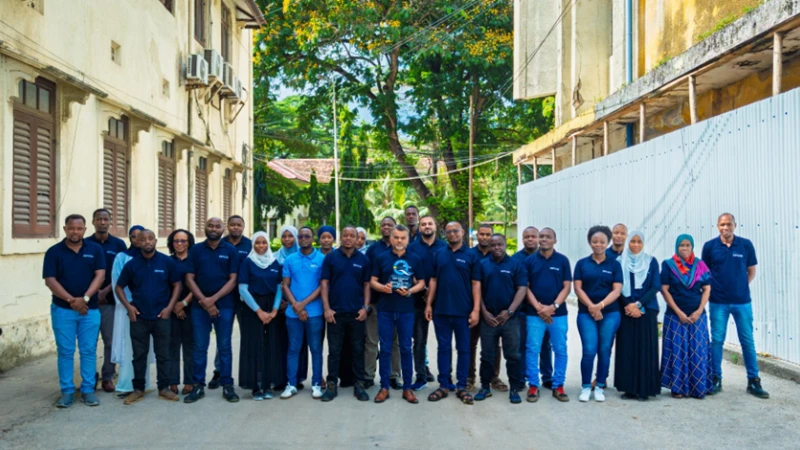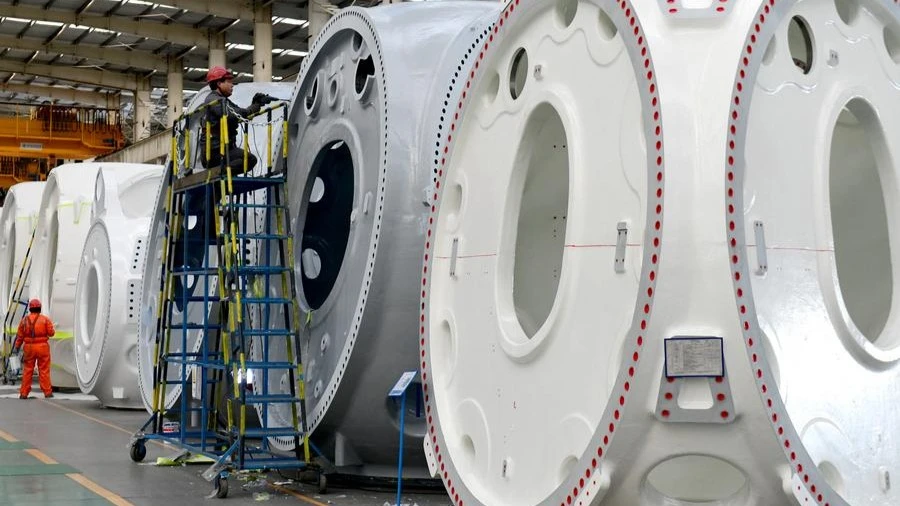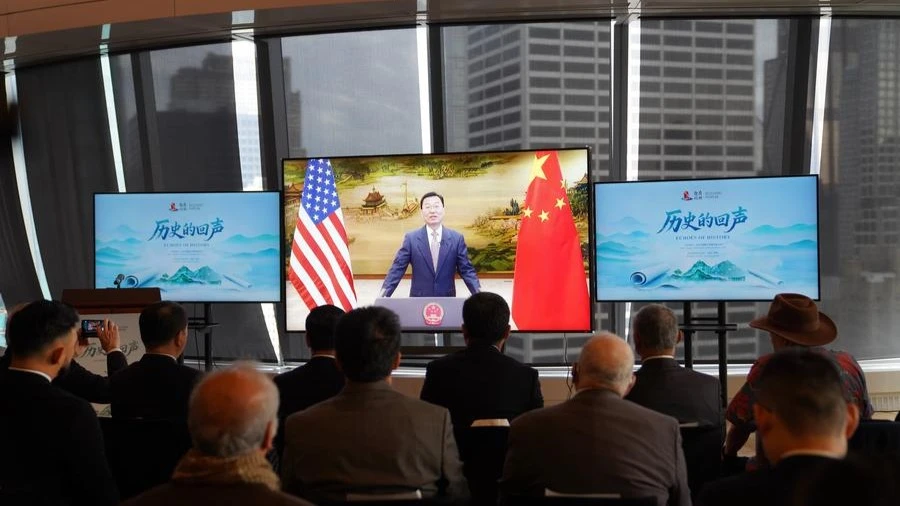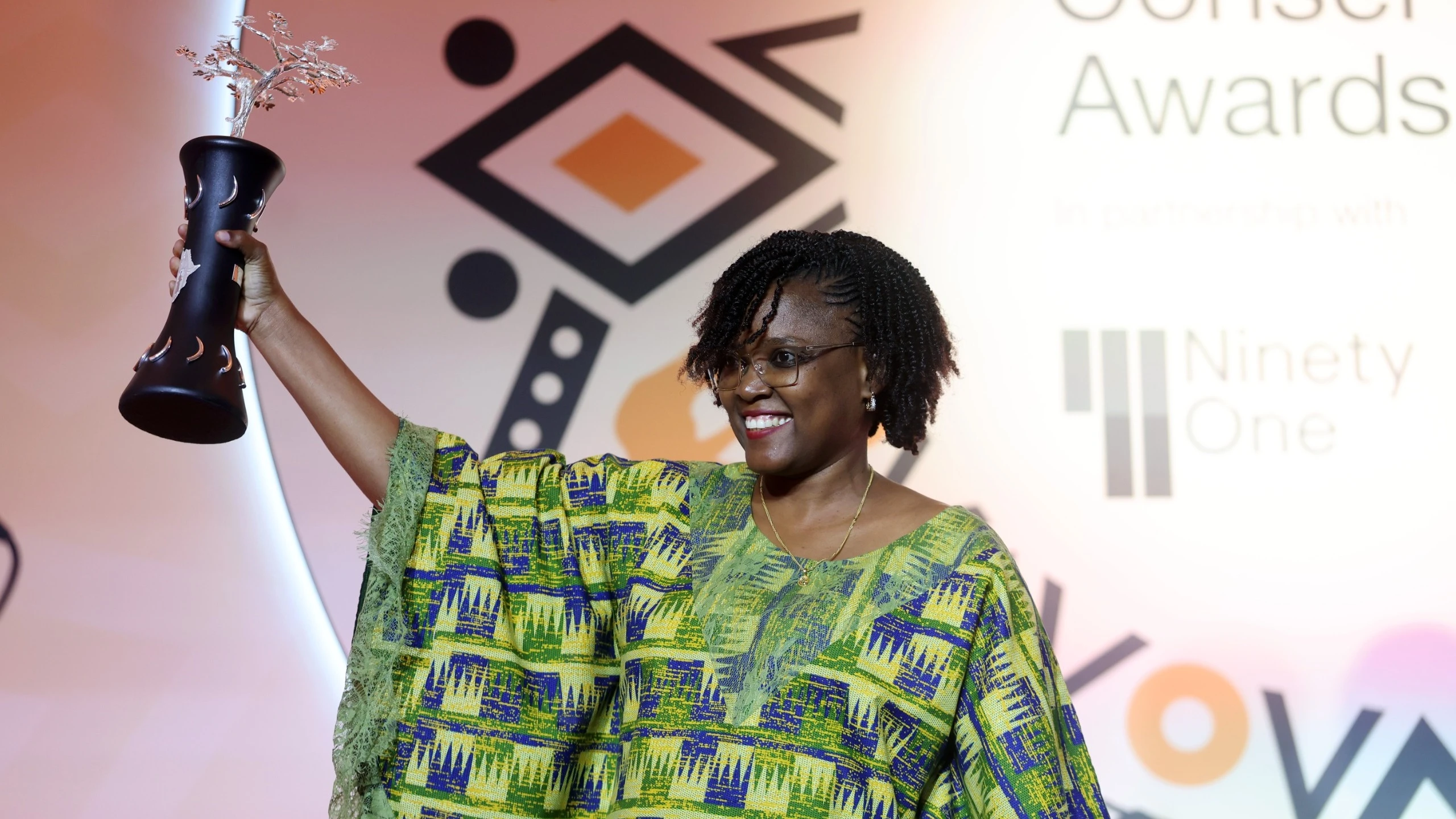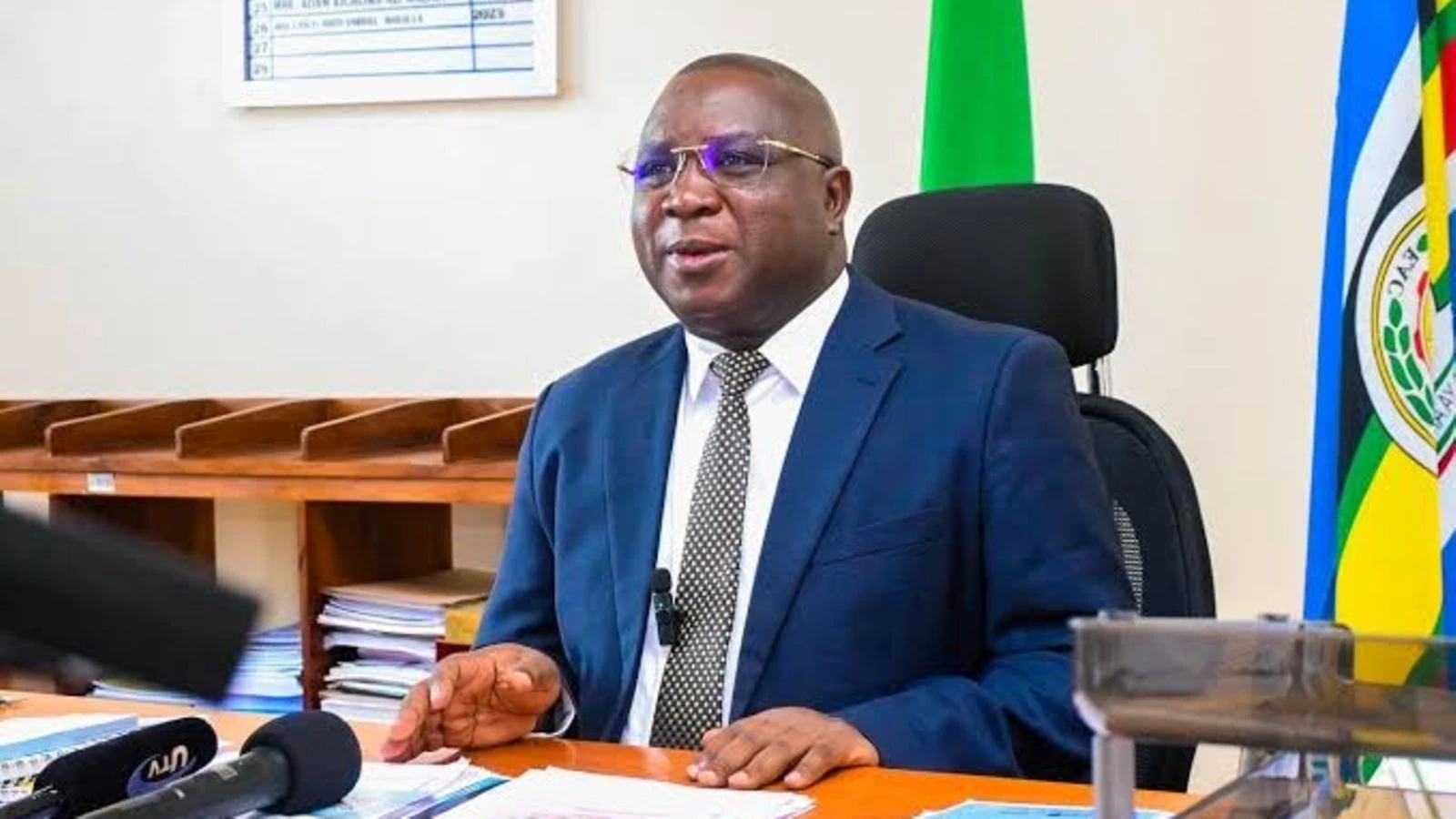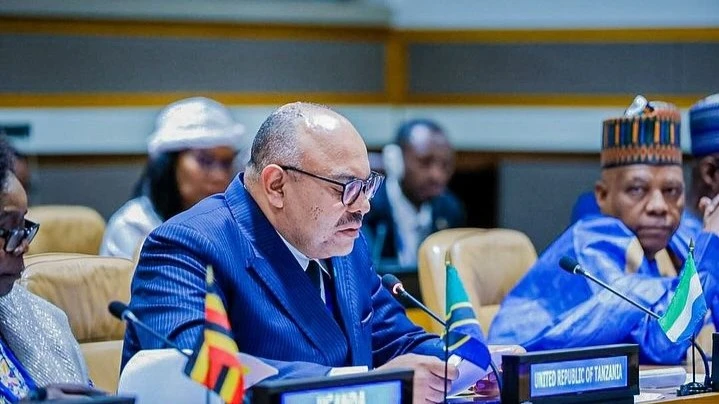WWF empowers youth on biodiversity conservation
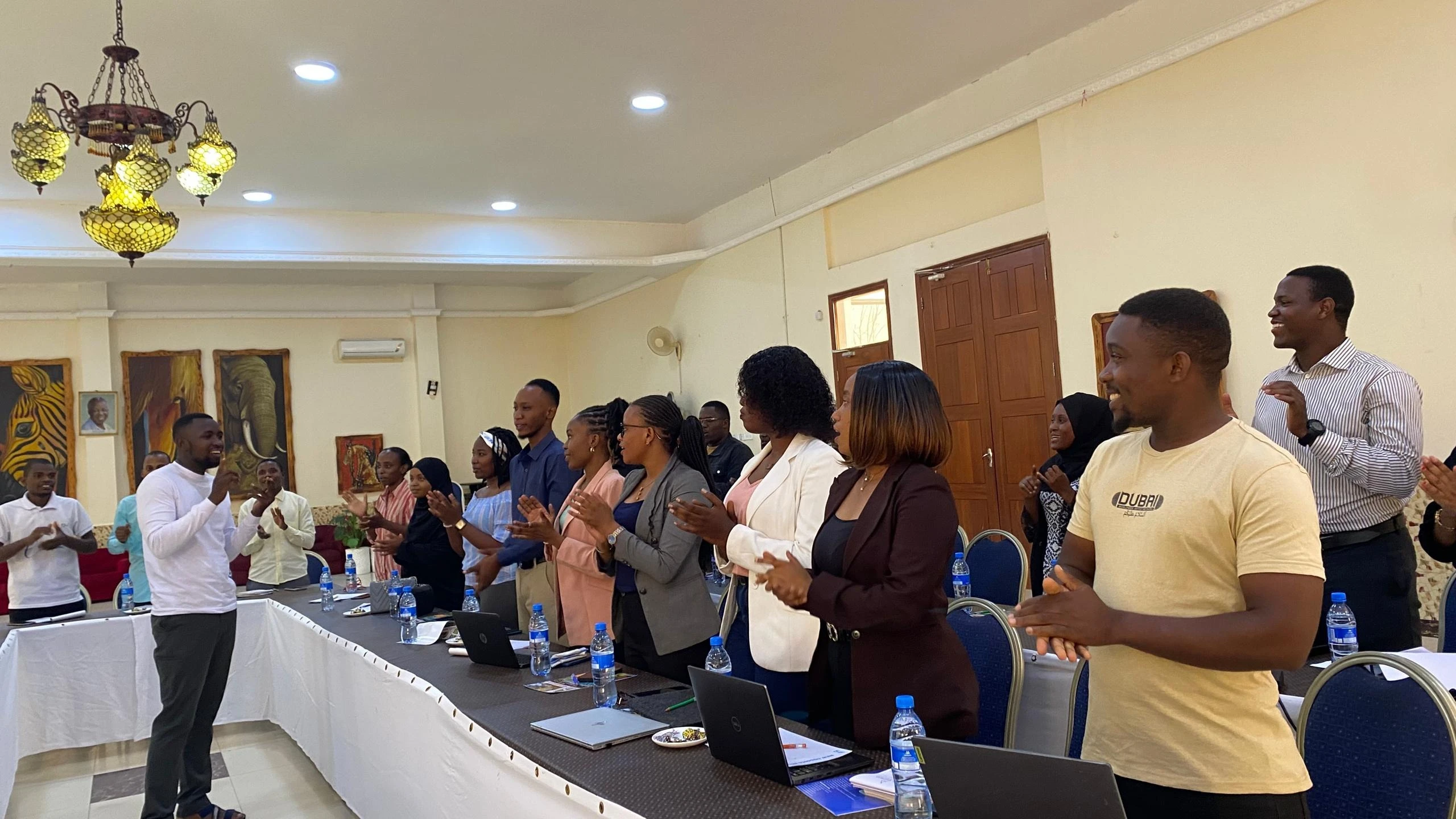
WWF-Tanzania, through its Voices for Biodiversity project is working to empower and engage young people on issues related to biodiversity. The goal is to amplify their voices in the fight against climate change and promote positive transformations in the natural environment.
The project aims to empower and engage young people in biodiversity conservation, especially in the context of the ongoing challenges posed by climate change. It focuses on equipping youth with the knowledge, skills, and tools necessary to become active participants in environmental advocacy and policy-making, thereby amplifying their voices in the fight to protect biodiversity.
It builds the capacity of young people—particularly university students and members of youth networks like the Tanzania Youth Biodiversity Network (TYBN)—to engage effectively in biodiversity conservation.
Through training, information, and exposure to international platforms, it helps youth develop leadership skills that are essential for creating long-term change in environmental protection.
By actively involving youth, the project aims to create sustainable solutions for the protection and conservation of ecosystems. Youth engagement is seen as a key driver of real, long-lasting change in the way the world addresses environmental challenges.
WWF has equipped them with critical skills, thus making them aware of existing environmental policies, ensuring they are prepared to contribute meaningfully to biodiversity conservation efforts.
Maureen Mboka, the Policy and Advocacy Officer for the Voices for Biodiversity project, shared that the project, funded by the Swedish International Development Cooperation Agency (SIDA), focuses on empowering different community groups. It provides them with the skills needed to participate actively in biodiversity issues.
According to Mboka the project focuses on raising awareness on the importance of biodiversity, the threats it faces, and the role that young people can play in safeguarding it.
“We provide youth with the tools to understand biodiversity policies; we ensure that they are well-equipped to advocate for sustainable environmental practices and influence decisions at local, national, and international levels.
“The project has enabled youth to take part in policy-making processes, attend technical sessions, and engage in international conferences such as on-going 16th session of the Conference of the Parties of the UN Convention to Combat Desertification (UNCCD-COP16) in Riyadh, Saudi Arabia.,” said Mboka, adding that two youth attended the conference with support from the project.
In a recent training session held in Dodoma, youth were provided with updates on key discussions and agreements made during COP16 whereas they were also received guidance on how to engage in the implementation of the agreements.
Youth action for sustainable development
Paulina Tete, a student from Ardhi University, described how the training equipped participants with the knowledge and skills to promote sustainable development in ecosystems.
She emphasized the importance of youth taking responsibility for environmental stewardship, saying young people are likely to live the longest with the consequences of today’s environmental choices. By taking action now, youth can help shape a more sustainable future and mitigate these challenges before they become irreversible.
She told The Guardian that when youth take part in environmental stewardship, they empower themselves to make a difference and build confidence in their ability to enact change.
“When youth are educated and involved in environmental efforts from an early age, they are more likely to carry these values into adulthood,” said Tete, promising to apply the skills and knowledge gained to lead biodiversity conservation efforts and contribute to a greener future.
Alselm Sengere, a TYBN alumnus, highlighted the critical role of young people in addressing environmental challenges. He noted that youth bring fresh ideas, energy and creativity to solving these issues.
“Biodiversity awareness education is crucial for youth because we have the ability to think outside the box and bring innovative solutions to the table,” explained Sengere, adding: “Through training and capacity building, we can now create environmental networks that effectively protect and conserve biodiversity at the grassroots level.”
Sengere added that engaging youth in biodiversity conservation is essential for positive change in the natural world. He also committed to being a strong biodiversity ambassador and inspiring others to adopt sustainable practices.
Thomas Sichimba, a student from the University of Dodoma, urged WWF and other development organizations to extend biodiversity education, especially to rural areas where youth can drive positive change.
"We believe youth in village areas have the power to create lasting environmental change, and we need more programs to reach them," Sichimba said.
Ahmed Abdalah Hamis from the State University of Zanzibar (SUZA) expressed his commitment to using the knowledge gained from the training to address human activities that contribute to biodiversity loss. He emphasized the need to safeguard both life and nature for future generations.
Key outcomes from COP16
Steven Kapinga, an Environmental Governance and Policy expert, provided an overview of the key agreements made at the UNCCD-COP16 saying among the significant outcomes is the set target to reduce biodiversity loss by 2030.
COP16 also saw the adoption of a Global Action Plan on Biodiversity and Health, which aims to curb zoonotic diseases, prevent non-communicable diseases, and promote sustainable ecosystems.
One of the key priorities at COP16 was to establish mechanisms for fair and equitable benefit-sharing from the use of digital sequence information on genetic resources, ensuring that the benefits of biodiversity are shared globally.
WWF continues to work tirelessly to protect the world's natural resources, including oceans, land, and wildlife. By conserving these ecosystems, WWF ensures that current and future generations can continue to benefit from vital resources like food, water, and energy.
Through initiatives like Voices for Biodiversity, WWF is fostering a new generation of environmental leaders, helping them to drive change, and ensuring that biodiversity remains safeguarded for years to come.
Top Headlines
© 2025 IPPMEDIA.COM. ALL RIGHTS RESERVED












